Top Sole Proprietorship Advantages and Disadvantages
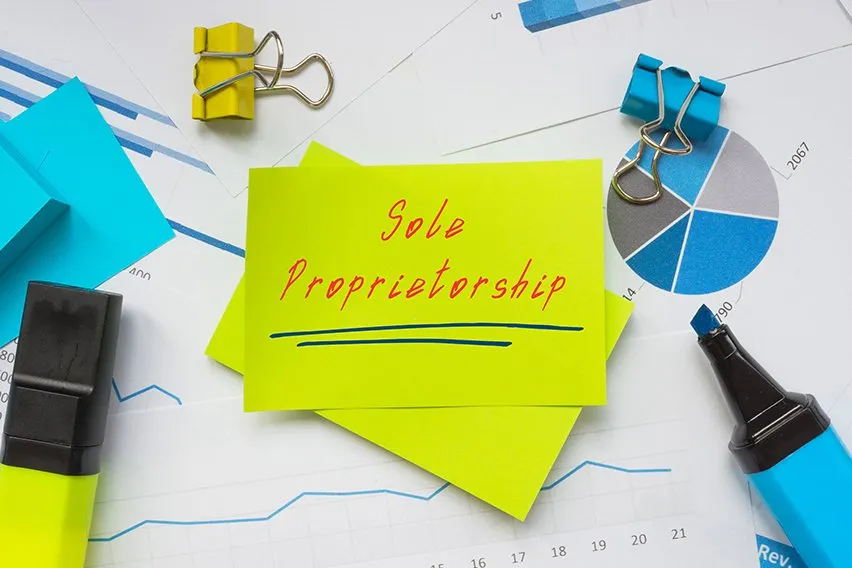
Working for yourself as a sole proprietor can have considerable rewards. But, getting started can lead to uncertainty and questions about how to set up your business, including your business structure and tax implications, can keep you up at night.
If you are considering starting a sole proprietorship, FreshBooks has you covered. A sole proprietorship 1 is an unincorporated business owned by one person, like tradespeople, freelancers, and growing start-ups. Like any business structure, it has advantages and disadvantages.
How do you know if a sole proprietorship is right for you? In this article, we’ll discuss sole proprietorship pros and cons to help you decide whether it’s the best type of business entity for you.
Key Takeaways
- A sole proprietorship is an unincorporated business owned by an individual.
- A sole proprietor has autonomy over their business.
- Compared to other business structures, sole proprietorships are easy to set up.
- A sole proprietorship must keep records and file and pay taxes.
- A sole proprietorship is liable for all business debts and creditors can seize your personal assets.
- It can be difficult to acquire financing as a sole proprietorship.
Table of Contents
- What Is a Sole Proprietorship
- Advantages of a Sole Proprietorship
- Disadvantages of a Sole Proprietorship
- Conclusion
What Is a Sole Proprietorship?
A sole proprietorship is a business owned by a single person. It’s a common business structure—1 of 5 businesses in the U.S. are sole proprietorships. 2 Your business structure or entity determines how you file your personal income taxes or business tax returns and which form to use. Unlike other business structures, a sole proprietorship can operate without federal regulations, but the business owner is held personally liable for any business debts.

Advantages of Sole Proprietorship
Taking steps to start your business can be exciting and intimidating for small business owners. While there are drawbacks to sole proprietorships, let’s discuss the advantages of a sole proprietor first.
1. Ease of Establishment
One of the top advantages of a sole proprietorship is it’s easy and inexpensive to start, regardless of the type of business. It’s a flexible option for those who are just starting out or running a side business.
A sole proprietorship requires less paperwork than in other business structure setups. You can register your ‘doing business as’ (DBA) name, but it’s not necessary if you plan on doing business in your name. You will need an employer identification number (EIN) if you plan on having employees.
Your state and local government may also require business licenses and permits, depending on the nature of your business.
2. Owner’s Complete Control
Once you’re up and running as a sole proprietor, any business decisions are under your control. This is another one of the advantages of a sole proprietorship because you can make quick decisions if new opportunities become available. There’s no need for management, a board of directors, or partnership approval that’s common with other legal entities. You can experiment with new products, test a different business strategy, or change strategies altogether if you need to go in a new direction.
Business relationships, hiring, and employee termination are also under your control with a sole proprietorship. You are the sole decision-maker in all business operations.
3. Tax Benefits
In general, filing and paying your taxes as a sole proprietor is not that different from filing as an individual. As a pass-through or flow-through entity, sole proprietors report profits and losses on their personal income tax return. In this way, you only pay tax on your income once, rather than paying both business and personal taxes.
Sole proprietorships are also eligible for the Qualified Business Income (QBI) 3 deduction and can deduct up to 20 percent of their QBI and 20 percent of qualified publicly traded partnership (PTP) income and qualified real estate investment trust (REIT) dividends.
4. Reduced Business Expenses
Another benefit of a sole proprietorship is the reduced business expenses when compared to other business entities. A small sole proprietorship will have lower overhead costs in day-to-day operations and yearly expenses. You have lower bookkeeping or accounting fees than partnerships and corporations. You also don’t have to pay the costs associated with annual registration fees and corporate documents. In this way, a sole proprietorship is more cost-effective compared to other models.
5. Simplified Banking Processes
Banking is straightforward with a sole proprietorship. Unlike a partnership, you do not need a dedicated business account. All you need is an everyday checking account to get started as a business owner. You can make and accept different payments straight from your bank account.
However, for accounting purposes, it is recommended to set up a separate account for your business. FreshBooks accounting software can even integrate with your bank account to track your business-related finances. This makes record-keeping and reporting easier at tax time.
6. Streamlined Paperwork Requirements
The paperwork requirements are simpler with a sole proprietorship. You don’t have to complete as much paperwork compared to corporate start-ups. The act of doing business is often enough to qualify you as a sole proprietor.
Also, corporations have to complete and file complex and time-consuming corporate reports every year while sole proprietors don’t have to worry about this type of complicated paperwork.
Disadvantages of Sole Proprietorship
Sole proprietorships can be a flexible way to start small and work towards increasing operations. However, there are some disadvantages of a sole proprietorship that go beyond the concerns about being solely responsible for business operations, overall strategy, and customer demands.
1. Lack of Liability Protection
Sole proprietors don’t get the same liability protection associated with being a legal business entity like a limited liability company or corporation. Being a sole proprietor means you are exposed to unlimited personal liability. You are personally liable for paying taxes, providing health insurance, and other legal costs or financial problems.
In a sole proprietorship, you can be sued and have personal assets like your home or car seized to cover expenses. With another business entity like a corporation, the business and the owner are legally separated and your personal liability is nil. In a partnership, that liability is limited to the amount you invested into the business. If a corporation is sued, there’s no risk to personal assets, and legal obligations are separated.
2. Challenges in Securing Financing and Business Credit
Banks often want to work with businesses that are already established and have a credit history because it’s easier to assess lending risks. Since banks are in the business of making money, already established businesses with good credit are in a better borrowing position.
The transactions of a sole proprietorship rely on your initial investment to function. It is much more difficult to build your credit rating when you’re not operating with business bank accounts or credit cards.
Compared to corporations, there are fewer opportunities to raise capital as a sole proprietorship business owner. For example, you can’t sell any equity stakes in your business to raise new funds. This can make it more difficult to have the financial stability to expand or hire more employees.
Similar to the challenge of getting bank financing, any type of loan depends on the personal credit history. Even if your business is in good standing, if your credit history isn’t good, the opportunity to secure a loan is more challenging.
3. Difficulty in Selling the Business
If you want or need to sell your business, it’s more difficult as a sole proprietor than as a separate legal entity. Your business will primarily consist of any physical assets and equipment. Without someone with a similar skill set, it is difficult to sell intangible assets like your goodwill and future earnings potential.
4. Limited Financial Oversight and Expense Tracking Complexity
Without the support of a partner or board of directors, there is little financial oversight with a sole proprietorship. It all falls on you to monitor incoming revenues, outgoing expenses, bill payments, payroll, reporting, and tracking.
5. High Self-Employment Tax Burden
Sole-proprietors are responsible for Self-Employment (SE) 4 tax to cover Social Security and Medicare tax. With wage and salary earners, the employer withholds these taxes from paychecks. With a sole proprietorship, you are responsible for the employer and employee portions of self-employment taxes, at 15.3 percent. This rate only applies to 92.35 percent of your next income. You are, however, eligible to deduct half of the self-employment taxes (the equivalent of the employer share) when calculating your adjusted gross income.
6. Absence of a Board of Directors
A board of directors is required by law for corporations. They help to guide decision-making and ensure the company adheres to the applicable laws and regulations that guide the industry. A board usually has at least 3 directors, selected because of their experience and knowledge. They help with crisis prevention and response and protect the company to ensure its prosperity.
Without a board of directors, a sole proprietor is alone and without guidance. The closest a small business sole proprietorship can get to having a board of directors is having a mentor.

Conclusion
There are sole proprietor advantages and disadvantages with every decision in business. The right decision depends on what’s best for your business in the short and long term. When you have all the information and have weighed the pros and cons, you can make an informed decision for your company and future success.
If your biggest concern in starting a sole proprietorship is a lack of support, FreshBooks Accounting Software for Self-Employed has you covered. We have the features and tools to help you manage all aspects of your sole proprietorship including expense tracking, invoicing, and accounting. Try FreshBooks free by signing up today.
Article Sources
- IRS. “Sole proprietorships” Accessed on March 1, 2024
- IRS. “Business structures” Accessed on March 1, 2024
- IRS. “Qualified Business Income deduction” Accessed on March 1, 2024
- IRS. “Self-Employment Tax” Accessed on March 1, 2024
Reviewed by
Sandra Habiger is a Chartered Professional Accountant with a Bachelor’s Degree in Business Administration from the University of Washington. Sandra’s areas of focus include advising real estate agents, brokers, and investors. She supports small businesses in growing to their first six figures and beyond. Alongside her accounting practice, Sandra is a Money and Life Coach for women in business.
RELATED ARTICLES


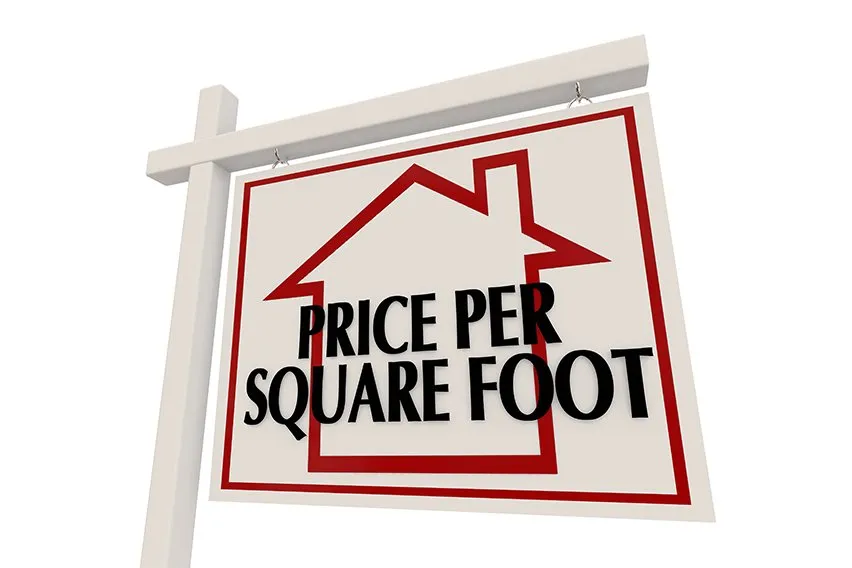 Average Price per Square Foot: How to Calculate It
Average Price per Square Foot: How to Calculate It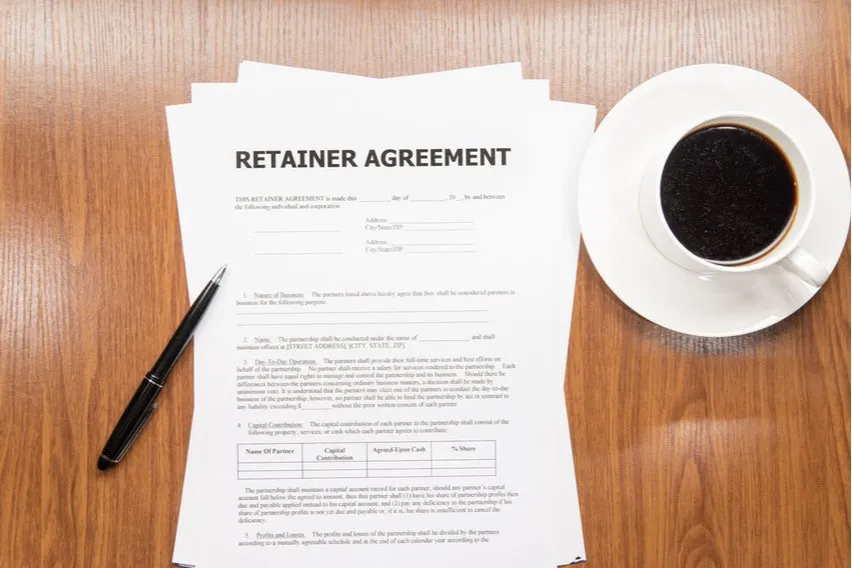 What Is a Retainer Agreement?
What Is a Retainer Agreement? What Is a POS System (Point of Sale)? A Guide on How It Works
What Is a POS System (Point of Sale)? A Guide on How It Works Per Diem Meaning: What You Need to Know
Per Diem Meaning: What You Need to Know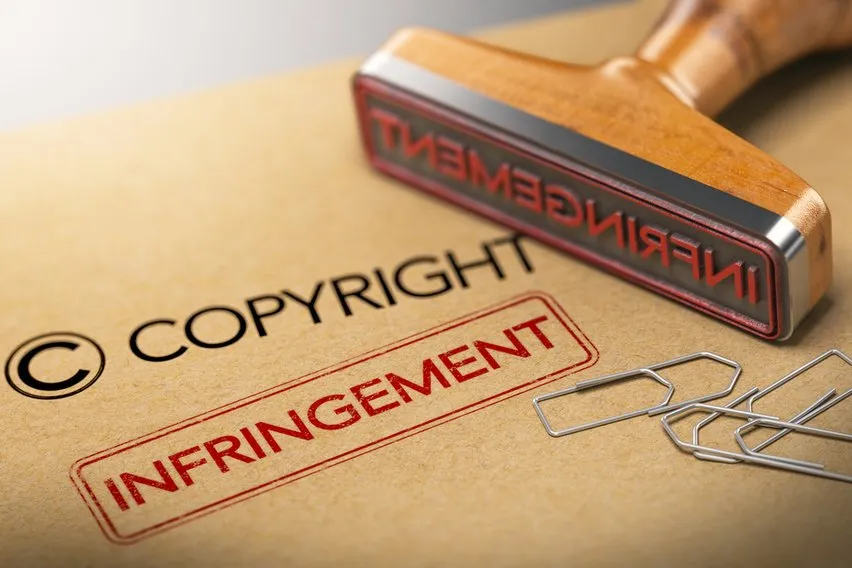 What Is Copyright Infringement? How To Avoid Copyright Infringement
What Is Copyright Infringement? How To Avoid Copyright Infringement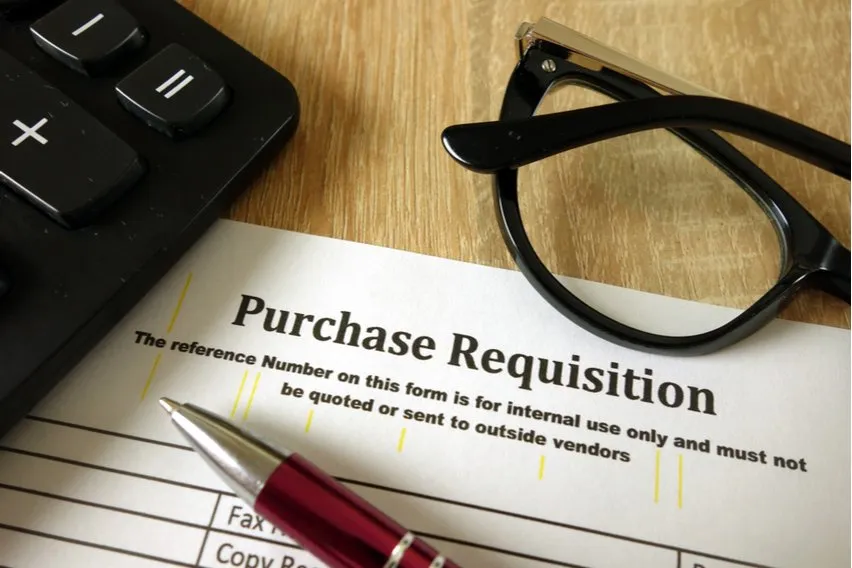 What Is a Purchase Requisition & Why Is It Important?
What Is a Purchase Requisition & Why Is It Important?